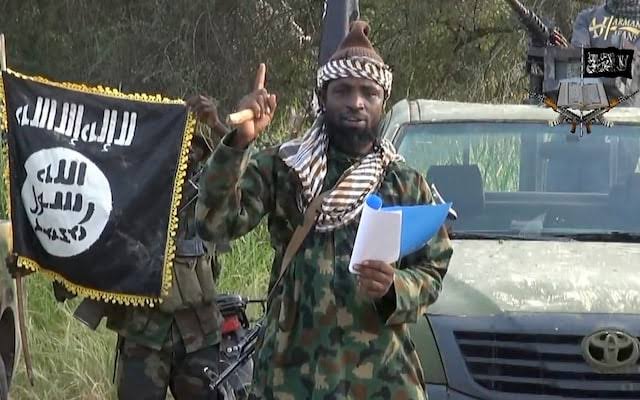Africa
Nigeria’s Security Crisis: US Threatens Military Action Amidst Rising Tensions -By Gloria Akilahyel
As the situation continues to unfold, it is crucial that Nigerians come together to address the security crisis and work towards a more peaceful and stable future. The government must prioritize the protection of citizens and address the root causes of the violence, while also engaging with local communities and international partners to build a more secure and prosperous Nigeria.

Nigeria is currently grappling with a surge in violent attacks and killings, particularly in the central and northern regions, which has sparked widespread protests and concerns about the country’s security situation. The recent killings of Christians in Nasarawa and Plateau states have been attributed to Fulani herdsmen, with villagers staging protests and blocking highways to demand government action.
The violence has led to a diplomatic row between Nigeria and the United States, with President Donald Trump threatening military action if Nigeria fails to curb the killings of Christians. The Nigerian government has rejected the US designation of Nigeria as a “country of particular concern” over alleged religious freedom violations, saying it is based on faulty data.
The government’s response to the crisis has been criticized, with some arguing that it has not done enough to protect citizens and address the root causes of the violence. The APC chieftain, Olatunbosun Oyintiloye, has called on Nigerians to rally behind President Bola Tinubu in the fight against terrorism, emphasizing the need for unity and cooperation.
The security situation in Nigeria has been further complicated by the presence of Islamist militias, including Boko Haram and ISWAP, which have stepped up attacks on military bases and civilians in the northeast. The new army chief, Lieutenant General Waidi Shaibu, has vowed to crush insurgents and restore security in the region.
The international community has taken notice of the situation in Nigeria, with China and the European Union expressing support for the Nigerian government. However, the US threat of military action has raised concerns about the potential consequences for Nigeria’s sovereignty and territorial integrity.
The Nigerian government has emphasized its commitment to tackling terrorism and extremist violence, citing progress made in recent months. The government has also welcomed US help in fighting Islamist insurgents, provided Nigeria’s territorial integrity is respected.
Despite the challenges, many Nigerians remain optimistic about the country’s future, calling for unity and cooperation to address the security crisis. The government has been urged to take decisive action to protect citizens and address the root causes of the violence.
The situation in Nigeria highlights the complexities of addressing terrorism and extremist violence, requiring a multifaceted approach that involves government, security agencies, and local communities. The international community has a role to play in supporting Nigeria’s efforts to restore security and stability.
As the situation continues to unfold, it is crucial that Nigerians come together to address the security crisis and work towards a more peaceful and stable future. The government must prioritize the protection of citizens and address the root causes of the violence, while also engaging with local communities and international partners to build a more secure and prosperous Nigeria.
The recent protests and diplomatic developments underscore the urgency of the situation, and it is imperative that stakeholders take concrete steps to address the crisis and prevent further bloodshed.
Gloria Akilahyel student of mass communication Kashim Ibrahim University, Maiduguri.

























